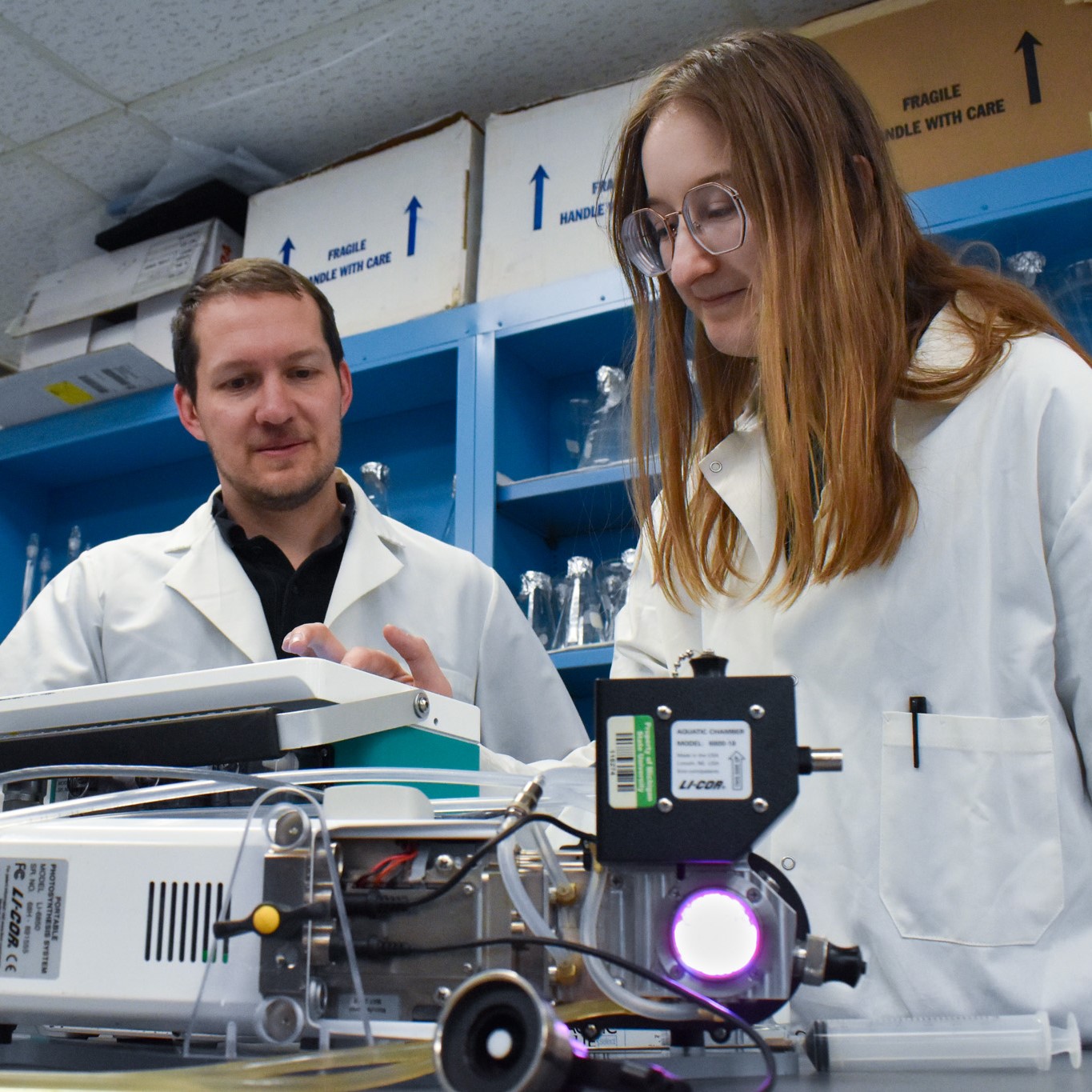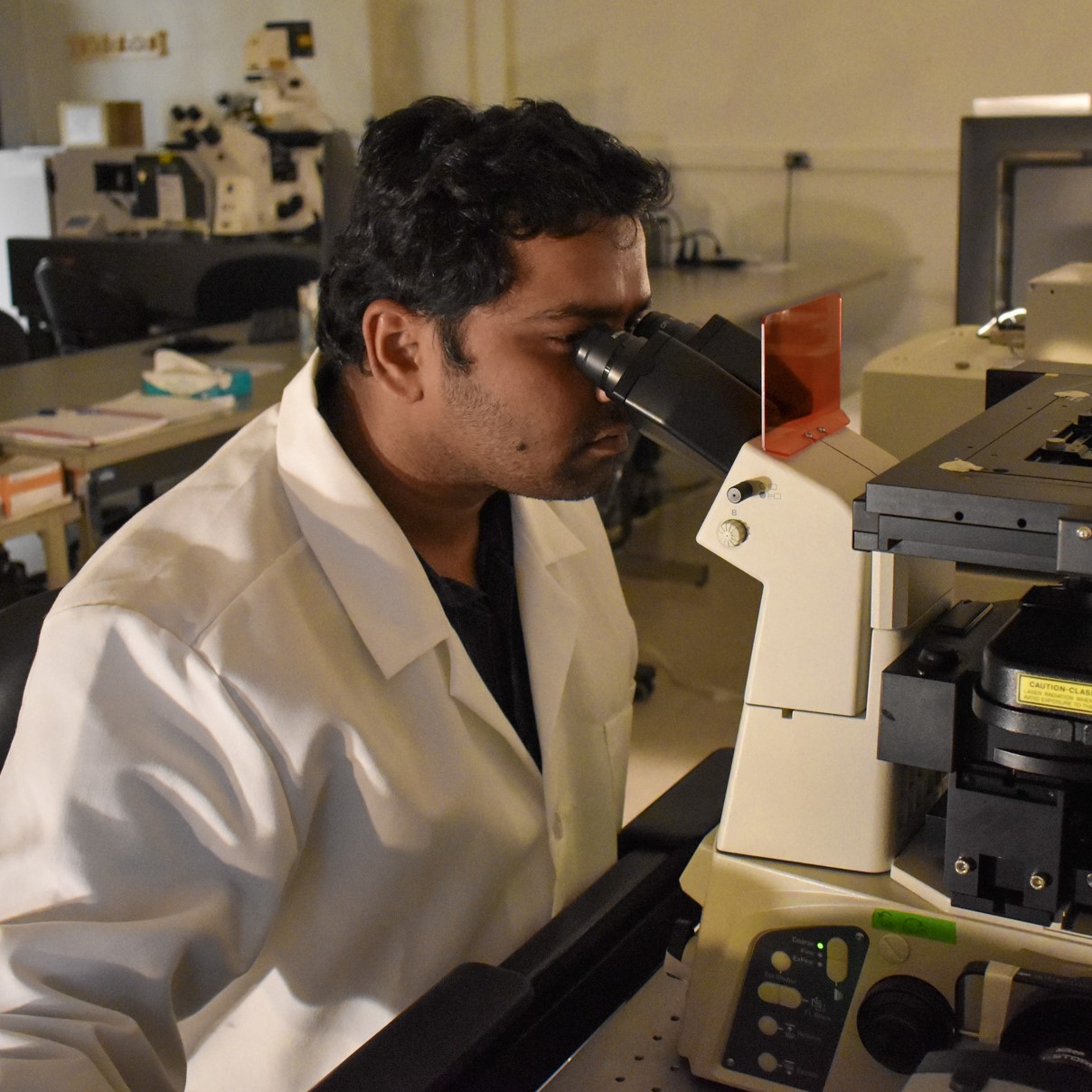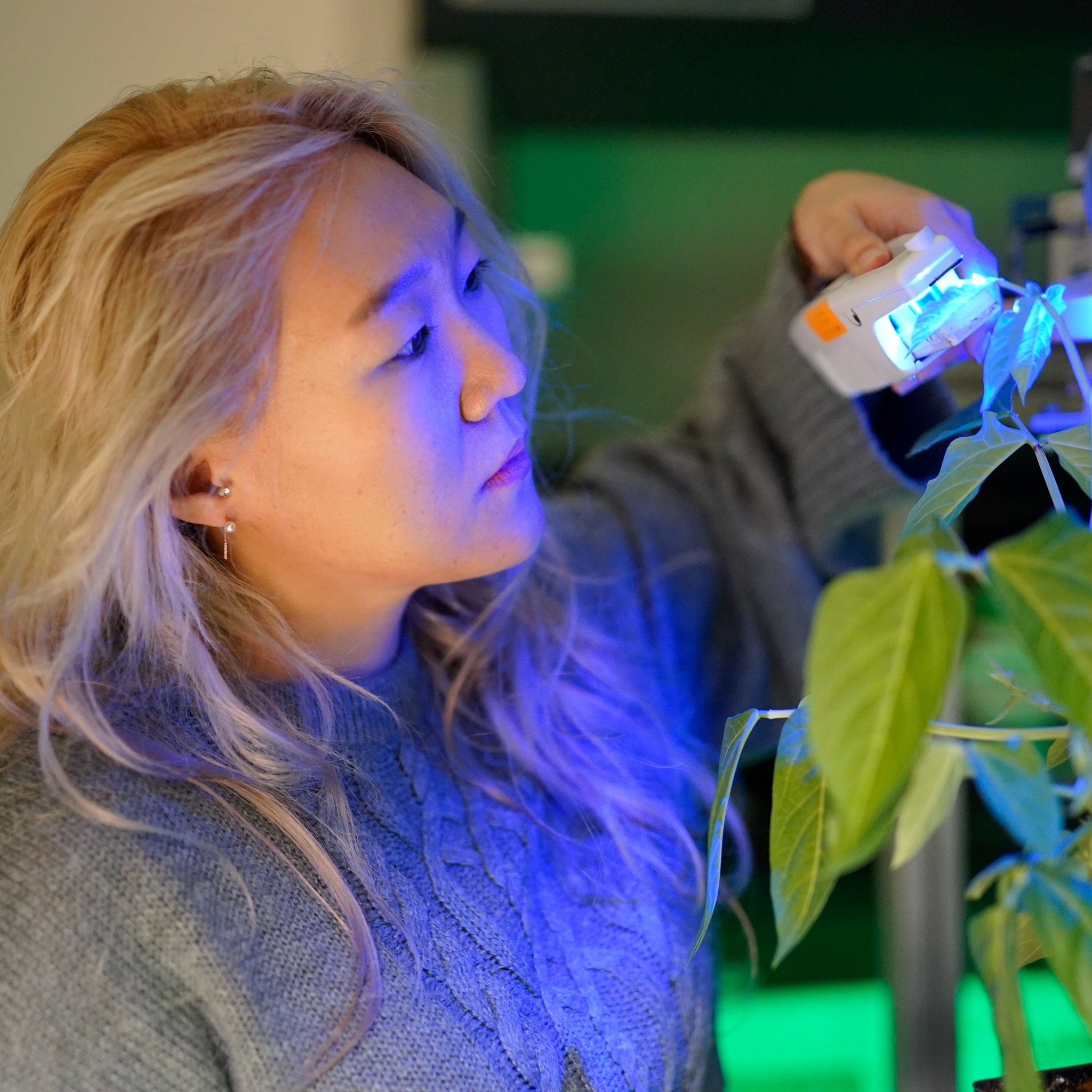Graduate Program Overview
Why join us
Training the next generation of scientists is a core part of our identity, whether you plan to build an academic research career or want to ’change the world’ through non-academic pathways. Here is what our students say makes us different:

RESEARCH QUALITY
Internationally renowned scientists; Consistently funded for cutting-edge research; Exceptional research facilities

EDUCATION QUALITY
Embedded in one of the largest plant science universities worldwide; Networking and training opportunities for academic and alternative careers

RESEARCH FREEDOM
Freedom to explore personal research interests within institutional framework; Access to cutting-edge equipment and techniques

EXCELLENT CAREER PROSPECTS
Prolific publication record; Legacy of award-winning scientists; Alum in academia, industry and government

FOCUSED RESEARCH PROJECTS
Three collaborative research projects, funded by DOE; Well-defined research opportunities; Friendly and trusting community
"Ihave learned that there are many resources available to help move my research forward [at the PRL], all I need to do is ask what is available for me and somehow, I find what I need." Bianca Serda, graduate student in the Sharkey lab


